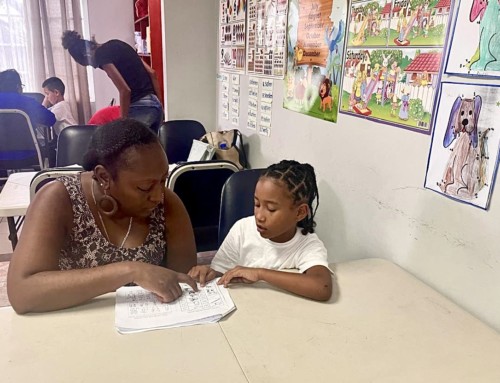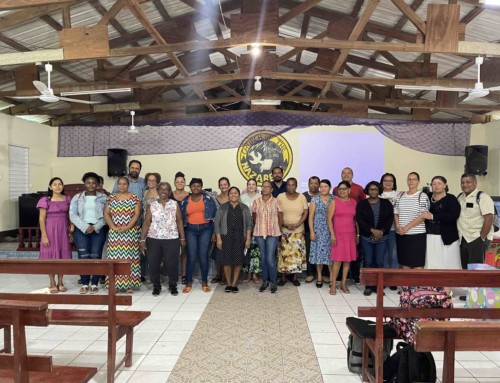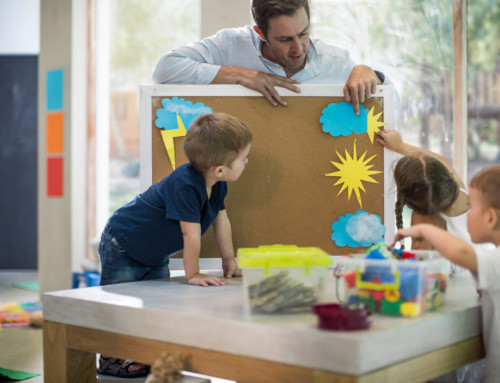During a trip to Japan in 2012, I encountered a fascinating country with developed infrastructure and technological prowess. My amazement didn’t stop there; by experiencing its ancestral culture—visiting historical sites, temples, and elementary and secondary schools—I perceived a nation where this rich heritage, including its samurai, music, food, and teatime, is oriented toward a modern world. Japan is a niche of legacy where parents strive to cultivate a sense of home and family through a traditional Japanese parenting approach that focuses on raising disciplined, independent, and strong-willed children, helping them recognize and manage their emotions, and fostering responsibility and respect.
My intention with this article is not to sell you on Japanese culture; perhaps you might, at some point, board a plane or browse the internet to learn about this ancient way of parenting. No tablet or phone can help us kill time while we, as parents, attend to daily tasks, nor should these devices take over our responsibility of being present and conscientious parents—aware of our roles, patient, and respectful; after all, we are tasked with “Instructing the child in his way,” as the scripture says.
The text from Proverbs 22:6 is intriguing in its content; we can consider two angles. First, the proverb of Solomon reminds us of the importance of raising a child in the will of the Lord, which involves knowing the truth, His gospel, and developing into a good human being by following the character of Christ. The second angle involves the responsibility of parents and those close to them—and, why not, the church itself—to prepare the child for every good work, equipping them to face life with intelligence and maturity against the onslaught of cultures and modernism.
I don’t want to bore you with a piece reiterating what you may think you already know. My goal is to encourage you to reflect on how ancient wisdom can help us better understand our daily challenges and view the world from a different perspective. The sacred scriptures guide us in building solid relationships, forging character, and leading a less complex life.
Instructing children means helping them understand their emotions and developing the ability to empathize with themselves and others. This greatly depends on adult support—parents connect emotionally with their children, which requires time and consistency. However, with numerous demands from our environment, the influence of social media, and perhaps a complex personal history that many adults are reluctant to see as an opportunity for growth, it becomes challenging for some parents to guide their children along their path.
We live in a modern world where social media presents a profile of how we should feel, think, and act. In a fast-paced world filled with technological advancements, where we lose our sense of wonder daily, we believe that happiness is about accumulating things and seeking perfection in our lives. This has caused anxiety in society, poisoning us with unhappiness and leading us to lose focus on our essence as unique and valuable human beings. We are bombarded with misleading ideas, and the well-being of children has become a social emergency.
As you read this text, you might reflect on how we can help children and adolescents grow emotionally when we, as adults, are still navigating that process ourselves. Perhaps we were not raised with a healthy parenting style, or we face life with a somewhat childish attitude (reacting impulsively, acting without thinking or reflecting on our actions, struggling to maintain attention for extended periods). When we demand behavioral changes, better academic results, and more respect for authority from our children, we often misuse screens, and secular or ministerial work occupies most of our time and mental space, making it challenging to manage daily stress.
We need to return to simplicity, which is a challenge. According to interdisciplinary research published by Notre Dame University (Indiana, USA), new social dynamics and modern cultural beliefs hinder children’s healthy emotional development. In other words, technology, along with everything it brings, can disconnect us from our loved ones and divert our focus, leading us to feel as though we live on different planets.
Let’s keep it simple—connect, take their hands, and accompany them on this journey called life. This is the most profound and significant influence on shaping our children’s identities and ensuring they feel secure and healthy. Consider which electronic device is intruding on your family life, distracting your child or adolescent, and disturbing the space that should always remain private between parents and children.
Your friend,
Jenny Pérez-Díaz





